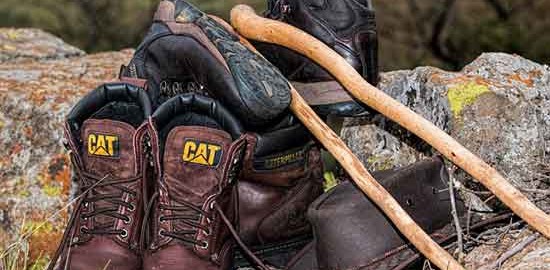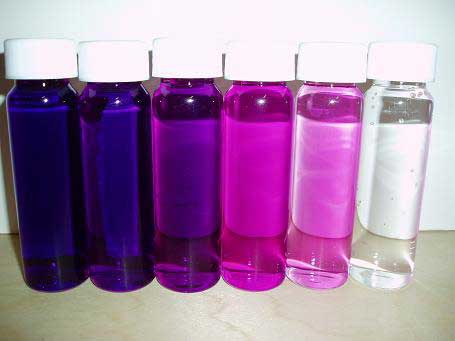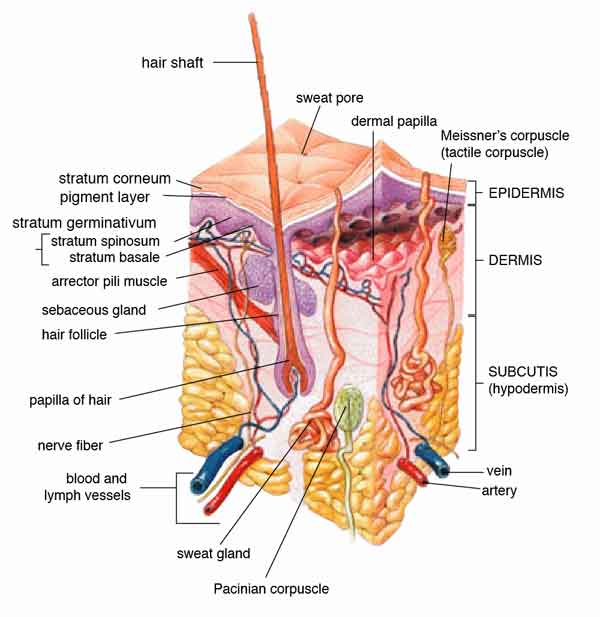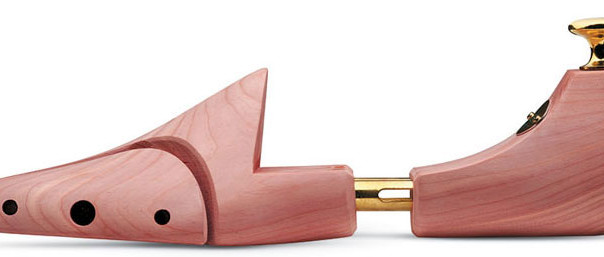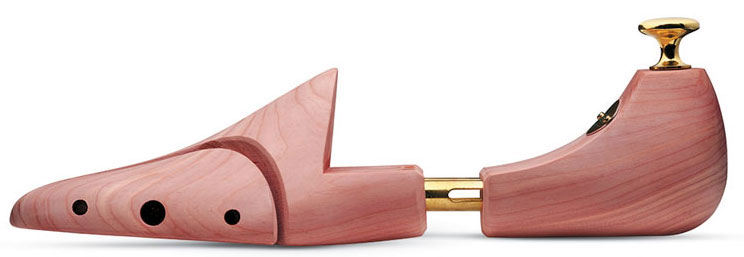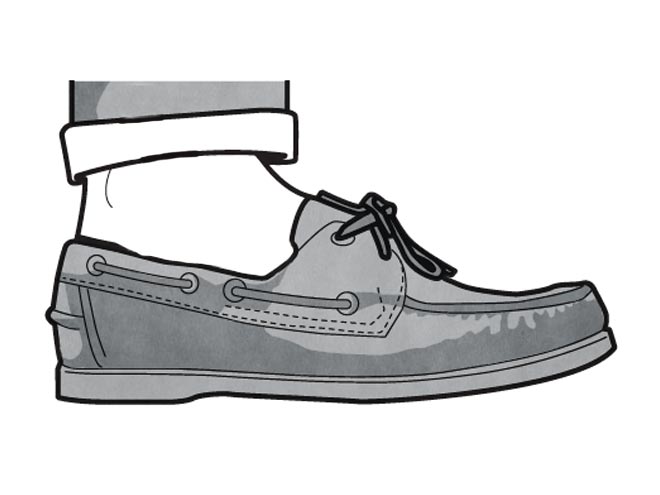During World War I, soldiers were often teamed up with “buddies”, responsible for inspecting each other’s feet. Standing for hours in waterlogged trenches without being able to remove wet socks or boots led to serious medical conditions.
For the troopers there wasn’t much to do except for changing to dry socks every few hours. Together with covering their feet with whale oil grease this was how the British soldiers kept damage to a minimum by the end of 1915.
Nowadays, we’re not dealing with “trench foot” anymore. Yet still, many of us are dealing with somewhat similar unsanitary conditions when it comes to footwear.
Are your shoes really dry?
Whether those Nikes are soaked from a rainy jog, your pumps moist from splash puddle water or your UGGs are drained in sweat, the consequences will be the same if you don’t let them dry really well.
All too often are our shoes, boots, and socks damp while we may not even know it. We have let those sneakers air out for a whole day before putting them on again right?
As far as that may be true, that doesn’t necessarily mean they are dry enough. Dry as in inhabitable for the bacteria and fungi playing an essential role in the stink.
Shoes may seem dry, but due to the absorbent nature of the materials footwear is made from, looks and feel can be deceiving.
The importance of keeping your shoes dry
As it was back then for the men on the battlefield, for us modern day civilians too it is highly recommended to keep or feet and footwear thoroughly dry since the replication of bacteria thriving on humidity is the ultimate source of the pungent smell.
In other words, keeping footwear dry is essential in combating foot odor.
You know what’s so strange?
We all know that thoroughly washing and dusting our feet with foot powder is important and washing and drying our feet and socks is common practice but our shoes are commonly neglected when it comes to this.
Bacteria and fungi love your damp boots. Clean and dry them regularly
Reasons to keep shoes dry include;
- White, macerated foot soles in squishy shoes are more prone to damp footwear related conditions.
- The typical musty odor shoes develop stems from bacteria and fungi thriving in damp conditions. Since these unwanted guests grow rapidly in high humidity fungal infections develop more quickly.
- Athlete’s Foot is one of those conditions caused by a fungus,
- as is onychomycosis, an infection underneath the surface of the nail also referred to as toenail fungus
- Plantar hidradenitis, often found in hildren with a “common recent history of exposure to cold, damp, footwear”, according to PubMed.
- The human papillomavirus that causes plantar warts can also thrive in damp shoes. (it’s not very easily spread but small skin cracks could offer a way for the virus to enter your body).
- Other harmful bacteria, viruses, and fungi such as including Staph and MRSA, also thrive on damp shoes.
Make sure to take the time to regularly inspect your feet, and look for redness or itchy areas between your toes since such problem areas can quickly spread to other parts of your feet.
Shoes are dark, warm, and moist—the perfect place for fungus, bacteria and other microbes to grow
You can sprinkle your socks and shoes with foot powder or baking soda all you want. You can wash them with surgical soap, you can soak them in apple cider vinegar.
But if your shoes or boots are still a tad bit wet those bacteria will keep on spreading, feeding on your sweat and skin cells, and thus producing that dreaded stench.
How to end the embarrassment
The reason we often feel awkward about our feet stinking is because it automatically brings about the association with being unhygienic. We feel embarrassed since people will probably think insufficient hygiene plays a role.
And if you’ve been one of those unfortunate souls who’s slipped out of their sweaty sneakers while running, you will know it’s uncomfortable, embarrassing and can be even dangerous.
You will know what I mean when you had to stop the treadmill because the belt got all wet and slippery. Here’s a remedy for reducing the amount your feet sweat.
Foot odor is not a sign of being unclean, it’s a symptom of allowing those bacteria to have their way and one essential method in stopping them is maintaining dry footwear.
You can prevent this embarrassment and discomfort by ensuring your footwear is perfectly dry at all times. After all, it’s mold and bacteria that make (running) shoes stink.
The best ways to keep your footwear dry
Take the necessary precautions, whether you are an athlete who wants to keep his or her home from smelling like a rugby team locker room.
Or maybe because you need your shoes to dry out in between spin classes, or you are just someone who sweats a lot in their shoes. In fact, on average we sweat about half a pint through our feet every day. Which makes you realize how important dehydration is.
Here are things you can do to dry your shoes.
- Rotate footwear. Don’t wear those squishy shoes before they are absolutely dry. Use alternate shoes until the other pair is dry again. Allowing extra time for footwear to dry in between use will reduce wetness
- This is the old-fashioned DIY way. The method my grandma used. Stuffing shoes with balled up wads of newspapers can help pull moisture from your footwear. If your shoes are really wet the paper will be saturated quickly and replacing it will be required. You may have to do this several times before the shoes are completely dry.
- A similar shoe drying hack although probably more effective as it dries footwear faster and removes bad odors too. Fill nylons or tights with cat litter or Cedar chips and let them sit overnight to absorb moist and smell.
- Some people use silica gel desiccant packets to remove moist from their shoes. You know, those little packs they put with your new electronics.
- Place your shoes near the heater, heating vent or fan. The heat and circulating air will dry them and reduce the amount of bacteria. Be cautious with extreme heat though since this could dissolve the glue in footwear damaging them.
- Replace inserts, wash them, dry them. If you suspect they are beyond help , toss them and get new ones. This is actually an additional measure, not an effective way of drying footwear.
- Use a wash and dry bag for dryer and washer. I admit to having thrown my runners in the dryer once in a while. I now know this is detrimental to shoes and could damage the dryer too. Luckily there are special mesh bags that attach to the dryers door so while still inside the drum the shoes are prevented from tumbling while still benefiting from the hot circulating air. What’s even better, the bags can be used in the washing machine too.
- StuffIts drying inserts combine cedar wood filling with a moisture-wicking fabric to draw out moisture and mask foul odor. Pathogens are prevented from growing on the inserts due to an antimicrobial coating. With an Amazon rating of 5/5 stars this is a very well-reviewed product designed to keep your shoes dry.
- Put your shoes in the sun. Preferably with the inside exposed to the light as much as possible. UV light kills bacteria. Depending on where you live this option is obviously not always available.
- Get a boot/shoe dryer. These devices dry your shoes relatively quick and they do it well. Popular models are Sterishoe dryer and the Peet shoe dryer. While they dry footwear really well they may not remove all foul odors, especially in older shoes.
The best way to dry wet shoes?
If you suffer from sweaty, smelly feet a shoe dryer is the best way to dry your shoes.
Here’s why.
You sweat a lot so your shoes need regular drying. Being dependent on the weather (for sunshine) or tinkering with crumpled newspapers is just too much of a hassle.
Also, the newspaper method may work for rainy boots but for damp shoes due to sweaty feet it’s probably not efficient enough.
Having to turn on the dryer almost every day doesn’t make much sense either if you know there are dedicated, more energy and thus cost-efficient devices specifically designed to do what you need. Drying shoes.
Shoe dryers are (commonly inexpensive) gadgets well worth the costs. Some of them not only remove moisture but also have a disinfection feature too.
Recommended shoe & boot dryer:
The Peet M97-FSB is stable, sturdy, silent and affordable. It fits all kinds of shoes and dries even the soggiest heavy steel-toed work boots without wobbling.
The Peet M97-FSB is able to dry sopping wet shoes in a matter of hours. Its ceramic heating elements have a self-limiting temperature ability thus protecting your shoes from damaging by excess heat.
For this relatively affordable expense you will get convenience in the form of ease of use in return. And in the long run, your shoes will last longer. Not to forget, you are reducing the risk on infections and stinky feet.
NEW: shoe dryer, deodorizer and sanitizer:
